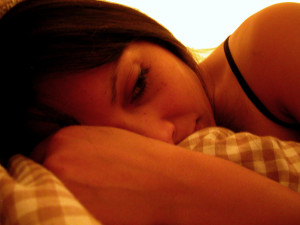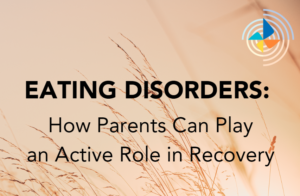Other Specified Eating Disorder
(previously known as Eating Disorder Not Otherwise Specified, or EDNOS)
Some people have many but NOT ALL of the symptoms of anorexia nervosa, bulimia nervosa, or binge-eating disorder. For example, a person starts fasting and loses a large amount of weight. They are very worried about their current weight, and distressed that they may gain weight. They have an eating disorder. But, they are still within the healthy weight range for their age/height, so they don’t meet the diagnostic criteria for anorexia nervosa. They will be diagnosed with atypical anorexia nervosa, which is one of the other specified eating disorders included in the DSM-5. Many of the people treated for eating disorders in BC have a diagnosis of an “other specified” eating disorder.
Examples of diagnoses that are considered to be an other specific eating disorder include:
- atypical anorexia nervosa – Someone who has all the symptoms of anorexia nervosa, but is not considered to be underweight
- bulimia nervosa (low frequency and duration) – Someone who regularly binge eats, and then uses some type of behaviour to try to compensate for the binge —like purging, exercising, or fasting —but does this less often than once per week (or who has done this for less than 3 months)
- binge-eating disorder (low frequency and duration) – Someone who regularly binge eats, and has other symptoms of binge-eating disorder, but who binges less than once a week (or has binged for less than 3 months)
- purging disorder – Someone who purges (vomits or misuses laxatives, diuretics, or other medications) to try to control body weight, but who is not underweight and who does not regularly binge

- night-eating syndrome (NES) – Someone who eats a lot of food before going to bed or in the middle of the night. People with NES often don’t feel hungry in the morning, and don’t usually eat breakfast. They don’t eat large amounts of food at a time (binge), but they often eat many small snacks all through the night. They are not sleep-walking when they eat at night – they are completely awake and fully aware of what they are doing.
Some people may receive a diagnosis of unspecified feeding or eating disorder. This diagnosis is given to people who have an eating disorder and problems with daily life because of their eating disorder, but whose symptoms do not fit the other categories.



